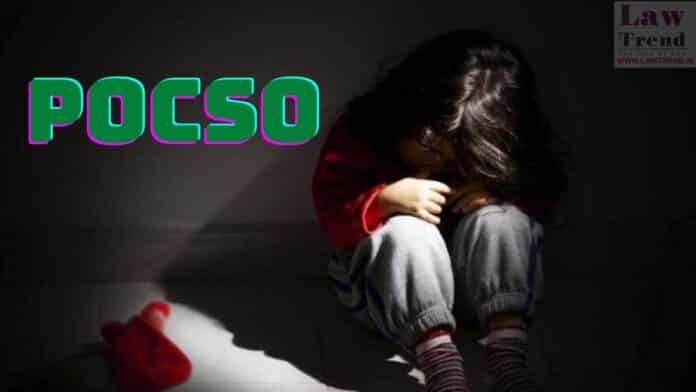The Delhi High Court has upheld the conviction of a shopkeeper, Rajendra Singh, under the Protection of Children from Sexual Offences (POCSO) Act, relying on the consistent and credible testimony of the 7-year-old victim. Justice Manoj Kumar Ohri, while dismissing the appeal, affirmed the trial court’s decision, holding that the child victim’s statement was sufficient
To Read More Please Subscribe to VIP Membership for Unlimited Access to All the Articles, Download Available Copies of Judgments/Order, Acess to Central/State Bare Acts, Advertisement Free Content, Access to More than 4000 Legal Drafts( Readymade Editable Formats of Suits, Petitions, Writs, Legal Notices, Divorce Petitions, 138 Notices, Bail Applications etc.) in Hindi and English.




